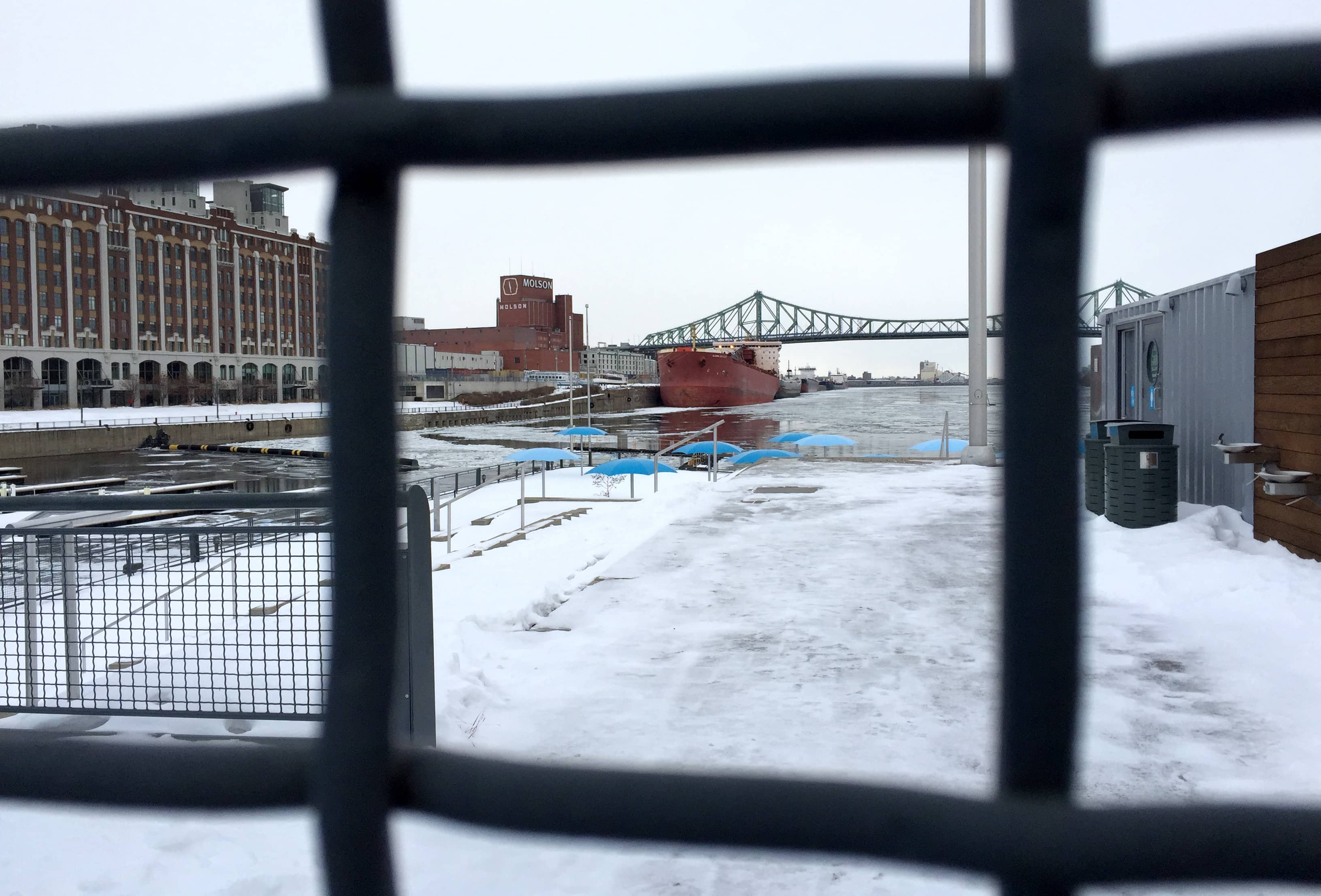
Learn to deposit your glass
I attended a conference at the office at noon this afternoon on stress management. There were just over 20 of us in the company’s main room, while the videoconferencing system allowed three of our colleagues from Gatineau to attend the same presentation.
Our field of activity, IT, is very dynamic, being at the cutting edge of technology. It also brings its share of challenges and stress in its wake. It was not surprising to see so many people attending this workshop.
The presenter, an experienced psychologist, began by holding a glass of water at the end of her arm, asking us what it could represent and warning us right away that this was not a question of a glass that was half empty or half full.
When no one answered, she added: if I hold this drink for another minute, what will happen?
—You’re going to start getting tired, replied a colleague.
—What if I hold it more?
She saw that we had guessed. She continued:
—I will probably have a cramp, and the more I try to keep horizontal my arm, the more difficult it will be until I drop the glass. Well, that’s what stress is. We are all experiencing stressful situations, and perhaps even more so are you, because the world is becoming more and more demanding. In my private practice, I have noticed for the past three years that there has been an increase in anxiety among a new clientele, the twenty-five and under... You resist as best you can, but at some point, you feel uncomfortable and the moment comes when you have to put the glass down before you drop it.
She continued her demonstration with the recognition of stressors and the means to control her stress to avoid the disaster that is familiar to us, either because we have experienced it ourselves or because we have witnessed it in others: anger, nervous fatigue, depression, burnout.
I will not go into these details any further because it is easy to find all this on the Internet. This psychologist also remarked that it was not just a question of knowing what stress is, being able to identify it and knowing how to fight it, but that it was first and foremost a matter of fighting it. Which may not be as easy to do as it is to say.
I really enjoyed this opportunity to reflect on this and I think that almost thirty participants at this conference (out of 100 employees) were also looking for some ideas. They are not unhappy people and our company is without a doubt a beautiful example of a positive working environment. One of my colleagues spontaneously admitted to us that he was experiencing a heartbreak (the injury was a few days old). I congratulated him, then in private, for this humility, the first step towards re-appropriating his world, his universe.
If stress is an energy that is positive in many ways—is it not the engine of creation and progress?—it remains an acid, oxygen that should not be abused. It is not easy either to face today’s violent world, but it must also be said that this world is probably sweeter than what our ancestors and our oldest ancestors will have known, while keeping a thought for the people who fight daily, in this world, in countries with brutal mores.
We could talk about stress for a long time, whole books, waiting rooms full of people are full of doctors, psychiatrists, psychologists, lawyers, police officers, and lawyers.
On my side, I went back to my office, to my work, but an hour later, I felt uncomfortable. The constant and current sources of stress in my beautiful and rich private life have started to play with inexhaustible and noisy fountains. I quickly sent a note that I was going to rest and snuck out. I went out in the fresh air of this early afternoon. I walked home to fill up on this natural serotonin that comes with walking.
I needed to drop off my glass. When I arrived home, I made decisions, took steps to get rid of some chains. Then I started singing B flats, then set about taming an air of Traviata by killing it the most beautifully. That wakes you up with a throat.
My neighbor and friend, Yves, who has not worked for a year and a half, was not at home. He came back later, telling me he needed to get some fresh air. I am worried about this handsome man, who is my age, and whom no one seems to want—it’s hard to look for work at 56—even if you have, like him, all the talents of a well-experienced manager. I’m still lucky to be able to work. I am preparing to face another kind of defeat awaits me soon. I told him I was there for him.
I told him that I was there for him and that our journey together made us stronger.
He and I take our lottery tickets religiously. We don’t believe in miracles, but we like to believe in them. We’re staying the course, hoping for more promising days. Our common worlds are challenging each other. There is a movement in the house. Not being alone is already a promise of a better future, even if sometimes you would like to throw away this glass of water and fill it with a more euphoric drink. This, of course, would only be a decoy.
Tomorrow, I’m going back to work. Life goes on. This break and my decisions are doing me good. We will not bring wealth or stress to our graves. We might as well recognize the only real value we have—and it is not a divine promise—that we are alive. I don’t know what’s next, but I’ll take the little happiness I built in this paradise of nothingness.

